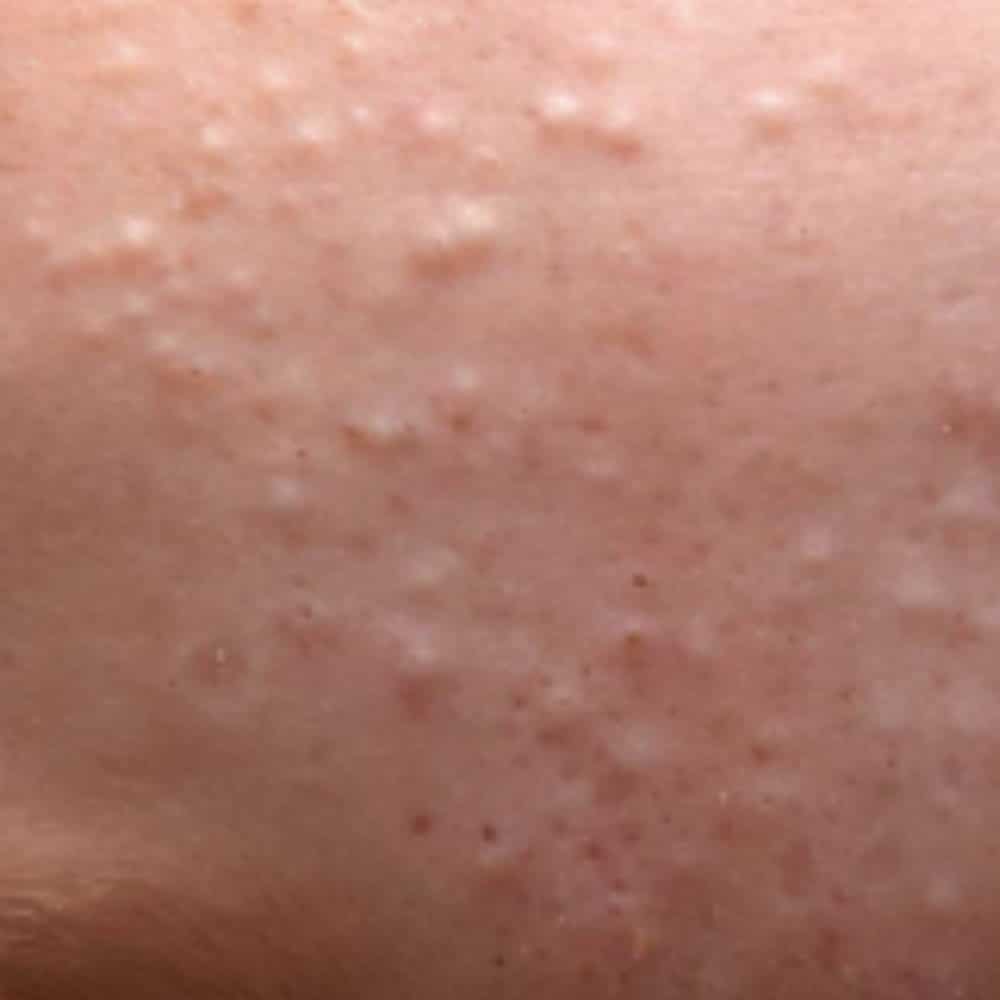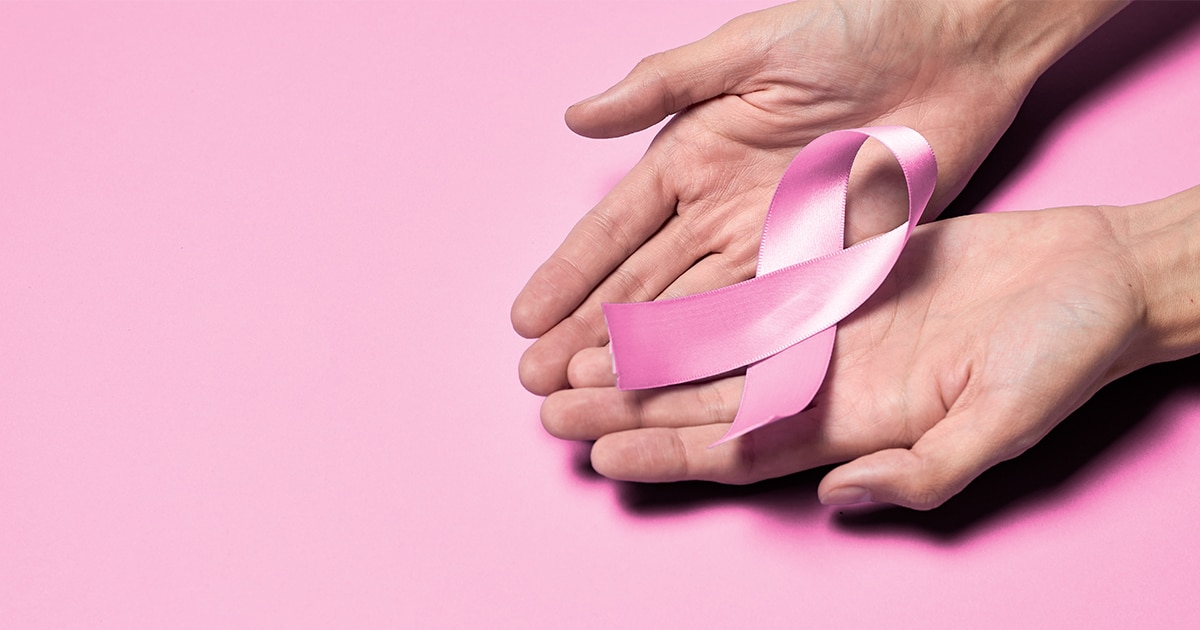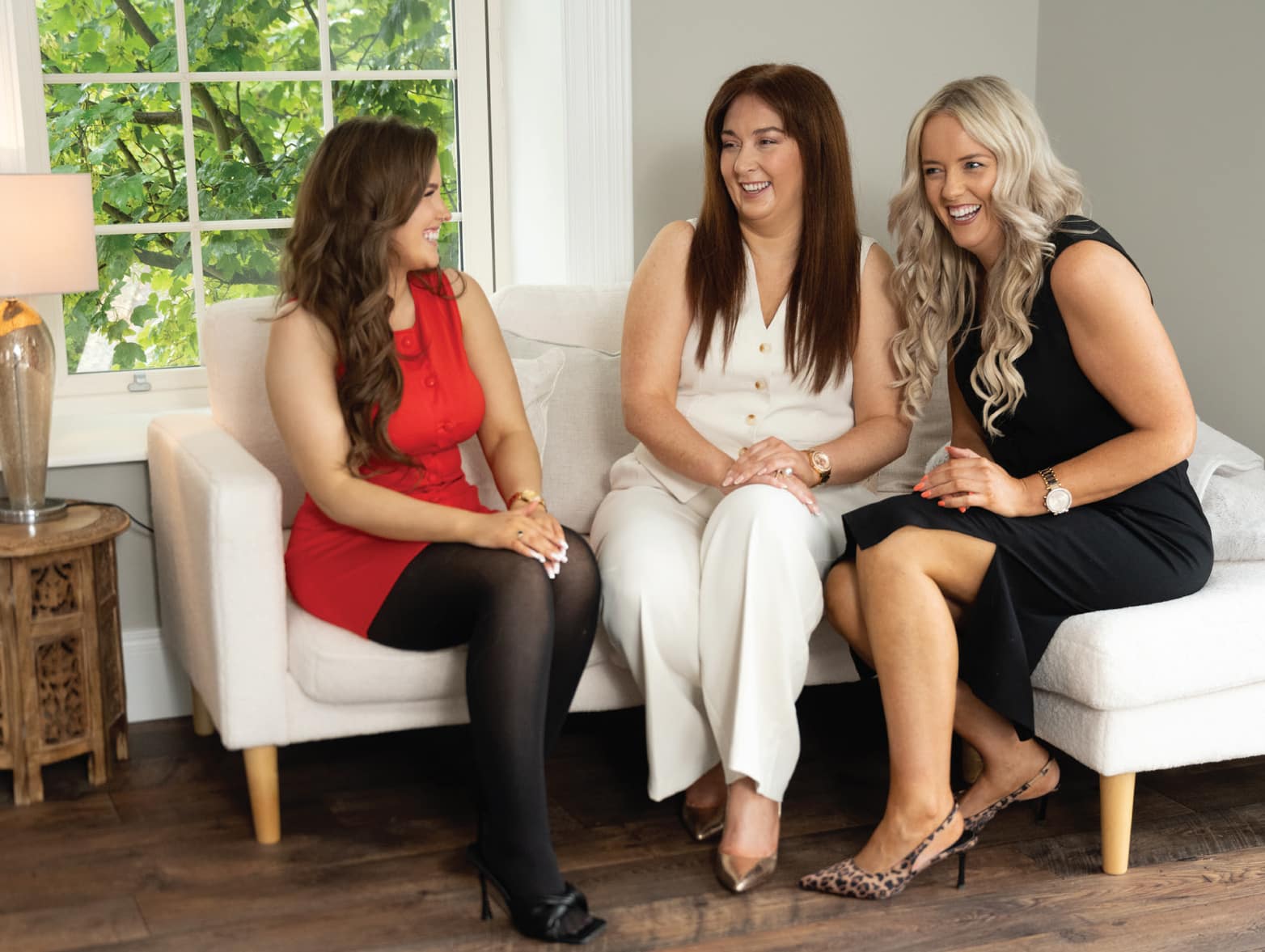Clear Skin Confidence: How to Manage Acne and Feel Good in Your Skin Again

By Dr Christine Glendinning – Dr Finbar’s Skin Clinic, Camlough
Acne is more common than you think — and it’s not just a teenage problem. At Dr Finbar’s Skin Clinic, we regularly see women in their 20s, 30s, and even 40s who are still battling breakouts. For some, it’s occasional spots. For others, it’s deep, persistent acne that affects their confidence.
The good news? You don’t have to put up with it. With the right support and skincare plan, you can take back control.
Why Does Acne Happen?
There’s no single cause, but here are a few common triggers:
- Hormones: especially during puberty, periods, or pregnancy
- Stress: which can throw your whole system out of balance
- Diet: high sugar or dairy intake may contribute
- Sleep: or rather, a lack of it
- Skincare or makeup: certain products can clog pores
- Medications: like steroids or hormonal contraceptives
Acne is a complex condition, but understanding your triggers is the first step to improving your skin.
Not All Acne Looks the Same
Breakouts can appear on the face, chest, back, or neck — and show up in different ways:
- Blackheads and whiteheads
- Red, inflamed spots
- Painful lumps and cysts
- Dark marks or scars after healing
You may only experience one or two of these, or several at once.
What Can You Do?
If your acne is mild or just beginning, over-the-counter products can really help. Here’s what to look for:
- Benzoyl peroxide: great for inflamed spots
- Salicylic acid: helps unclog pores and calm skin
- Azelaic acid: brightens skin tone and reduces redness
- Niacinamide: helps with oil control and inflammation
It’s all about finding what works for your skin — and sticking with it consistently.
The CAMS Routine: A Simple Skincare Plan
We recommend keeping your routine simple and effective. Try this:
- Cleanse – Use a gentle, non-pore-blocking cleanser
- Active – Apply your main treatment (retinol, salicylic acid, etc.)
- Moisturise – Even oily skin needs hydration
- Sunscreen – SPF 30+ every day, even if it’s cloudy
Avoid harsh scrubs, complicated routines, and switching products too often.
When to Get Extra Help
Sometimes, acne needs more than shop-bought skincare. Consider seeing your GP or a skin specialist if:
- You’re left with scars or dark marks
- Acne affects your back or chest
- You’ve tried everything, and nothing’s working
- It’s impacting your confidence or mental health
We can prescribe topical treatments, antibiotics, or hormonal medications — all tailored to your needs.
Smart Tips to Keep Breakouts at Bay
- Don’t pick. It causes more harm than good
- Be patient. It takes time — up to 12 weeks — for skin to respond
- Hydrate your skin. Dry skin can worsen acne
- Avoid harsh scrubs. They irritate and inflame
- Be kind to your skin. If it stings or burns, stop and reassess
You Deserve to Feel Good in Your Skin
Acne can affect how you feel about your appearance — and that can impact your work, social life, and relationships. But you’re not alone, and things can get better.
At Dr Finbar’s Skin Clinic, we help women of all ages take back control of their skin. You deserve a routine that works — and we’re here to help you find it.
📍 Dr Finbar’s Skin Clinic
Camloch Retail Park, Camlough, BT35 7GB
📞 028 3082 8945
📧 info@drfinbarskin.com
🌐 drfinbarsskinclinic.com










